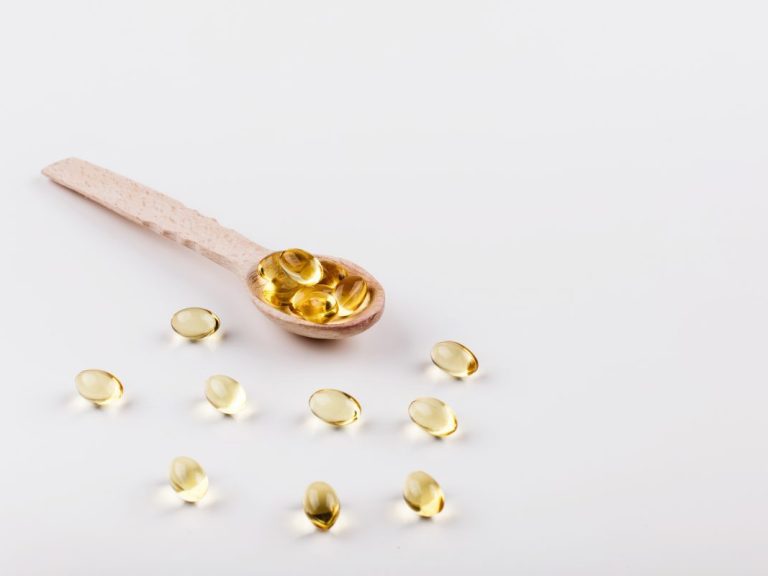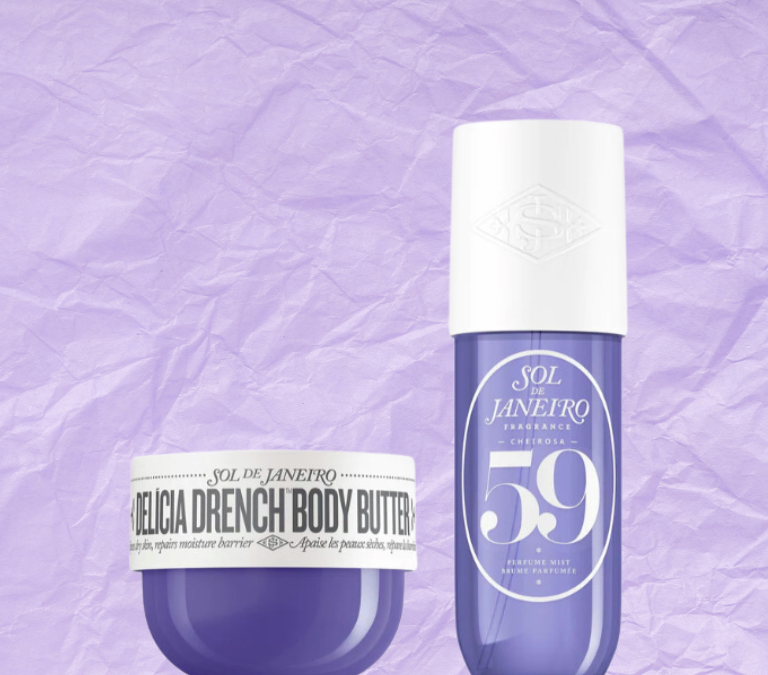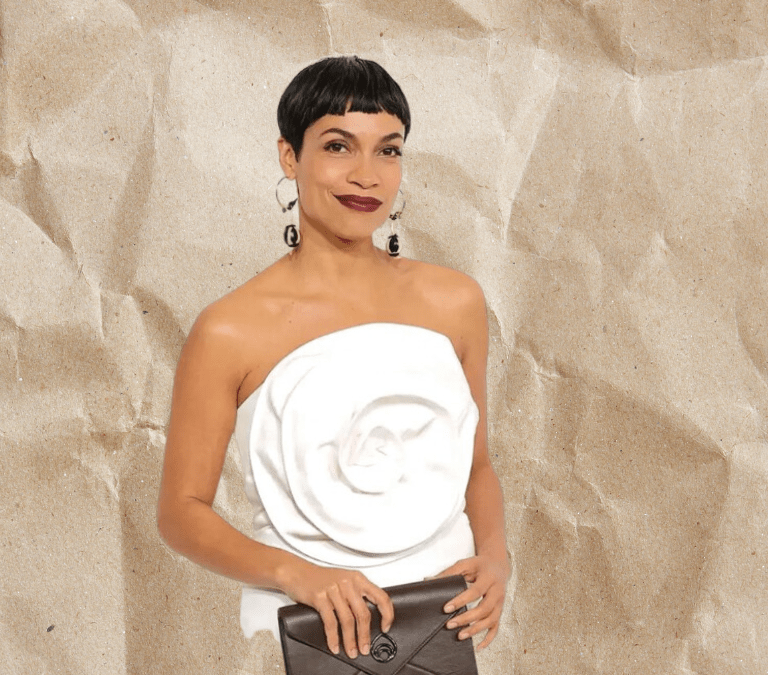by Mary Wolff
We all want beautiful, healthy hair. If there were a pill that promised to give you healthy, strong hair and pretty nails, and it promoted hair growth, would you take it? Of course you would! This is the premise of taking biotin supplements. They claim to offer all of these benefits, and many curlies are jumping on board. However, there are a few things you should keep in mind about biotin supplements before you try them.
What Is It?
A biotin supplement is a pill form of complex B vitamins. It is available in many different dosages on the market, but it should be noted that none are approved by the FDA. Biotin is reported to help hair growth and hair health by helping your body metabolize energy while transporting carbon dioxide from cells.
Does It Work?
There is no concrete evidence that biotin supplements work. While some have reported a notable difference in the overall health of their hair and nails, others have seen no difference at all. The key here is that biotin pills are suggested to offer benefits only to those people previously suffering from a biotin deficiency. The body naturally makes and absorbs biotin. If a person has a deficiency in this area, the supplements may help improve this aspect. For those with no biotin deficiency, there will most likely be no noticeable change, and your body will simply process it and get rid of it like it does any food or nutrient in excess. It should be noted that very few people actually have a biotin deficiency and that brittle nails and unhealthy hair may be a sign of an underlying health condition, unhealthy lifestyle or care, or an insufficient diet.
What Are the Side Effects?
Before you decide to test biotin supplements out for yourself and just hope for the best, you should know there are a few side effects associated with taking them. If you do not have a biotin deficiency and you take too much, you could end up with undetectable side effects such as high blood sugar, slower release of insulin, and decreased vitamin C and vitamin B6 levels. You could also end up with a rash, which may be the only physical sign that biotin is a problem, but some NaturallyCurly editors noticed an increase in breakouts and pimples. For this reason, it’s incredibly important to consult your doctor before taking a new supplement in order to make sure it could actually benefit you instead of causing harm.
Designed by freepic.diller / Freepik
We all want beautiful, healthy hair. If there were a pill that promised to give you healthy, strong hair and pretty nails, and it promoted hair growth, would you take it? Of course you would! This is the premise of taking biotin supplements. They claim to offer all of these benefits, and many curlies are jumping on board. However, there are a few things you should keep in mind about biotin supplements before you try them.
What Is It?
A biotin supplement is a pill form of complex B vitamins. It is available in many different dosages on the market, but it should be noted that none are approved by the FDA. Biotin is reported to help hair growth and hair health by helping your body metabolize energy while transporting carbon dioxide from cells.
Does It Work?
There is no concrete evidence that biotin supplements work. While some have reported a notable difference in the overall health of their hair and nails, others have seen no difference at all. The key here is that biotin pills are suggested to offer benefits only to those people previously suffering from a biotin deficiency. The body naturally makes and absorbs biotin. If a person has a deficiency in this area, the supplements may help improve this aspect. For those with no biotin deficiency, there will most likely be no noticeable change, and your body will simply process it and get rid of it like it does any food or nutrient in excess. It should be noted that very few people actually have a biotin deficiency and that brittle nails and unhealthy hair may be a sign of an underlying health condition, unhealthy lifestyle or care, or an insufficient diet.
What Are the Side Effects?
Before you decide to test biotin supplements out for yourself and just hope for the best, you should know there are a few side effects associated with taking them. If you do not have a biotin deficiency and you take too much, you could end up with undetectable side effects such as high blood sugar, slower release of insulin, and decreased vitamin C and vitamin B6 levels. You could also end up with a rash, which may be the only physical sign that biotin is a problem, but some NaturallyCurly editors noticed an increase in breakouts and pimples. For this reason, it’s incredibly important to consult your doctor before taking a new supplement in order to make sure it could actually benefit you instead of causing harm.
Designed by freepic.diller / Freepik




